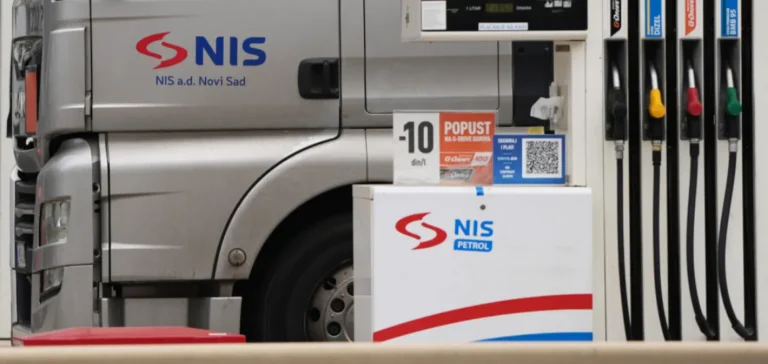Croatian operator JANAF is considering acquiring up to a 25% stake in Naftna Industrija Srbije (NIS), currently held by Russian entities targeted by United States sanctions. The move is part of Croatia’s effort to protect its energy interests, according to Minister of Economy and Sustainable Development Ante Susnjar.
The minister stated that Zagreb has not yet initiated official or informal discussions with Russia regarding the potential acquisition. He also noted that he does not know whether the Russian side would approve such a sale. The Croatian government is aiming to safeguard regional energy cooperation while adapting to the new sanctions framework.
US sanctions now in effect on NIS
The United States Department of the Treasury imposed sanctions in January on Russian oil group Gazprom Neft, its Chief Executive Officer Alexander Dyukov, and Serbian firm NIS. Although implementation was delayed several times, the measures came into effect on October 9. These sanctions directly affect the shareholder structure of NIS, where Gazprom Neft owns 44.85%.
Serbian President Aleksandar Vucic responded by stating he does not blame Moscow and called for a joint resolution. The Republic of Serbia holds 29.87% of NIS, while Gazprom Capital owns 11.3%. There has been no official Russian statement on the possibility of divesting from NIS.
JANAF’s strategic role in regional energy supply
JANAF operates the Adriatic pipeline linking the Croatian port of Omisalj, on the island of Krk, to the energy networks of several Central and Southeastern European countries, including Serbia. According to Croatian Prime Minister Andrej Plenkovic, this pipeline supplies up to 95% of Serbia’s oil imports. The infrastructure is therefore considered strategically vital for the region.
The Croatian Prime Minister expressed hope for changes in NIS’s shareholder structure, which would enable the company to be removed from the scope of US sanctions. This would also support the continuation of energy cooperation between Zagreb and Belgrade, particularly through JANAF. NIS operates production facilities in Serbia, Bosnia and Herzegovina, Bulgaria, Romania, and Hungary.






















